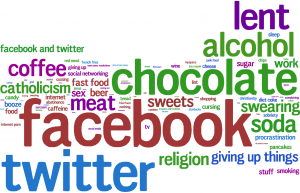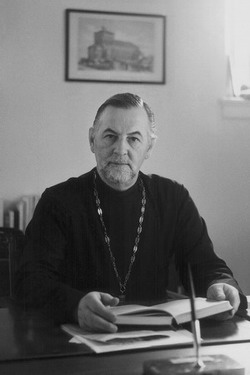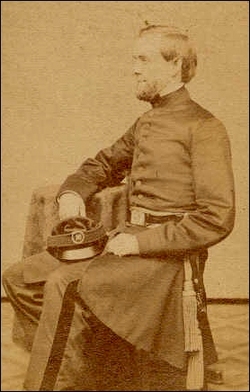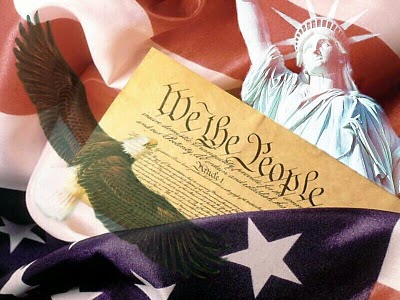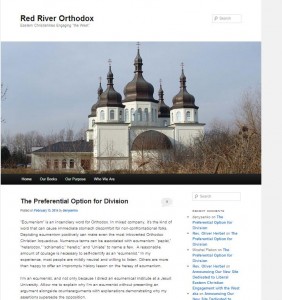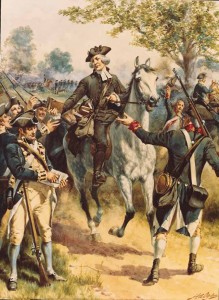The annual “what am I going to give up for Lent” has begun. I find this time of year rather amusing as I listen to and read what people are going to give up for Lent. I find is very amusing because most of the people who seem to be giving things up have not darkened the door of a church in years.
Yesterday some group in the town where I live, set up shop in the parking lot of the old Friendlies restaurant and was distributing ashes, along with doughnuts and coffee. “Ashes to go” the sign read and people were flocking to the site while churches remained mostly empty. Religion on my terms has become the mantra of the “me” generation. Don’t tell me what to think, don’t tell me what to believe, I’m spiritual but not religious, and I want my ashes in a parking lot of a closed restaurant because I cannot make the time to go to church.
I am sorry if this offends you but I am of the belief, as is the church for the last 2,000 years, that you cannot separate spirituality from Church. There is no such thing as a Christian in isolation. People around the world are going to church under the most dire of circumstances and all we want is drive through ashes and a cup of coffee. Disgusting!
It’s funny how people make time for things they find a priority in life like going to the casino, fundraisers, sporting events, television programs etc. but when it comes to church, sorry I don’t have time. But we continue to give things up for Lent.
Yesterday I posted this on my Facebook page
If you are still in search of something to give up for Lent how about indifference towards the suffering of your fellow human beings, or perhaps self centeredness, or maybe even materialism. Just some thoughts.
Giving up something is fine but the entire reason that we give things up is to make a change in our lives not to just give up something like chocolate or booze only to return to that behavior when Lent is over. Change requires a commitment to that change and Lent is a great time to come to that decision but it should be something meaningful and not something silly. Sacrifice is hard and is supposed to leave a lasting impression on the person.
During this time of the year Orthodox Christian are supposed to abstain from all meat and dairy products or some variation of that in consultation with their spiritual father. We do this as a spiritual discipline that is designed to get the passions under control. The theory is if we control what goes into our mouths than we can control what comes out. The passions are what leads us to sin, I know it is not PC to talk about sin these days so call me old fashioned.
Lent should be a time of intense spiritual renewal and awakening not a silly game of “what can I give up that will not impact me at all” nonsense.
Make Lent real!

